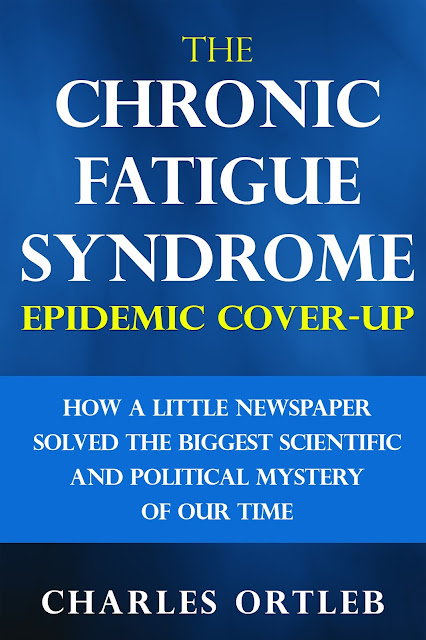The case that multifactorial theories of disease can created a scientific wild goose chase for an endless number of factors and that causation becomes a joke in such an environment.
From Perplexity A.I.
Multifactorial theories of disease, while aiming to describe the complex origins of many conditions, can easily transform scientific inquiry into a "wild goose chase" for endless contributory factors, undermining clear notions of causation and sometimes reducing it to absurdity.
The Relentless Search for Factors
Multifactorial models often imply that there is an inexhaustible list of minor genetic and environmental influences for any “complex disease,” making it nearly impossible to draw a boundary around what is relevant or mechanistically essential.
Researchers are compelled to investigate expansive metabolic maps or networks, sometimes resulting in “spider web–like diagrams” that become so complex they seem arbitrary, and are interpreted with statistical methods that can feel akin to consulting a Ouija board rather than grounding findings in experiment.
The more one seeks, the more variables are uncovered—each weakly associated, each potentially “interacting,” yet rarely necessary or sufficient for disease—leading to a state where causality is “messy,” opaque, and context-dependent.
Problems with Causal Interpretation
Plausible causal hypotheses become difficult to formulate or test; the ever-expanding number of putative factors dilutes the explanatory power of any single theory and gives rise to “missing heritability” and other epistemic dilemmas.
For many multifactorial diseases, the environmental contributions are poorly defined or unknown, making risk prediction and causal interpretation nearly meaningless: with so many possible interactions, studies veer toward statistical correlation rather than actual biological causation, blurring the line between evidence and speculation.
Causation as a ‘Joke’
In some scientific discourses, the sheer multiplicity of possible causes leads to a point where causation is treated as provisional, endlessly revisable, and sometimes mocked as a “joke”—a post hoc narrative reconstructed from data, but not a predictive or mechanistic principle.
Epidemiological studies on multifactorial diseases frequently stumble on the inability to eliminate confounding or to design experiments that parse out real causative agents from statistical noise.
It is thus reasonable to argue that, in the context of multifactorial disease theory, the pursuit of causation risks devolving into a never-ending hunt for elusive links, reducing the scientific process to a cycle of associational findings and undermining simpler, more testable models of disease origin and intervention.
















